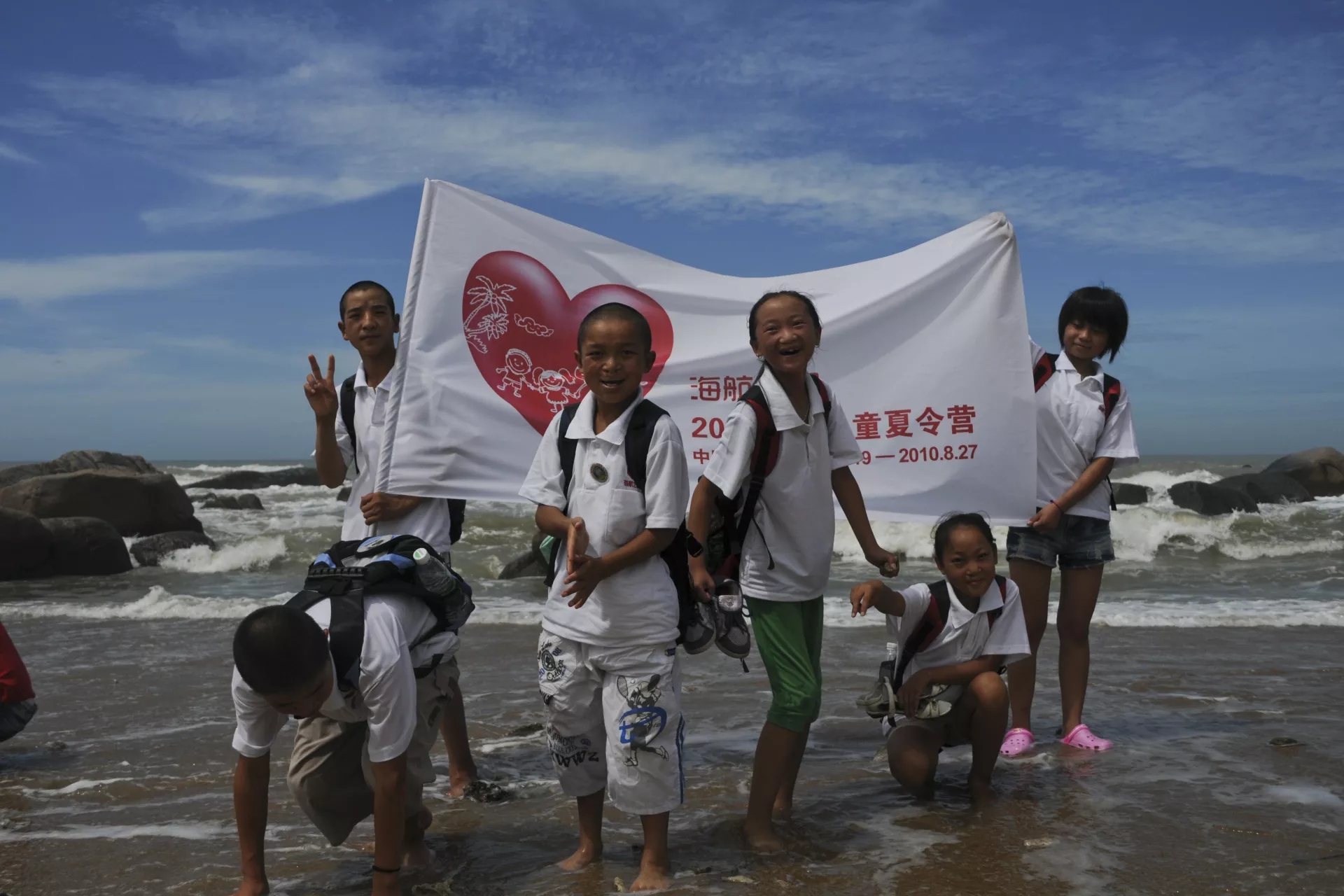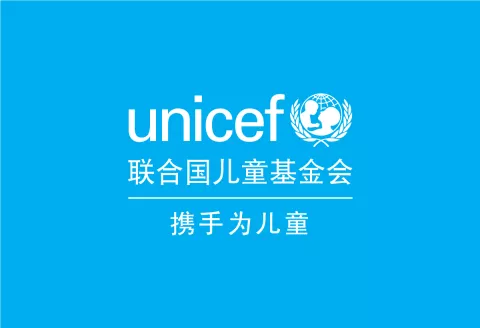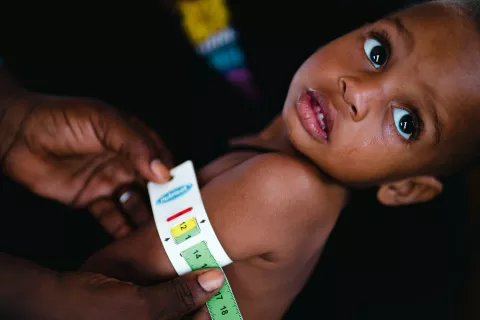Seven Days of Wonder
Seven Days of Wonder

- Available in:
- 中文
- English
Seven days may not be enough to create a miracle but recently it was long enough to make memories of a lifetime for forty one children in need of special protection.
On one of China's most beautiful resort islands - Hainan Province - friendships were formed, psychological stress was relieved, and smiles blossomed on faces where sadness and loneliness used to linger.
The children, aged between 7 and 16, included some abandoned by parents due to birth defects, those made orphans by the Wenchuan and Yushu earthquakes, former street children and children with parents in prison.
From August 20 to 26, the children visited tourist sites, learned about their basic rights, attended therapeutic activities, and staged mini-dramas to show how they had learned to protect themselves from injuries, human trafficking and school-ground violence.
The "Caring for Children Summer Camp", organized by the Ministry of Civil Affairs and UNICEF, with support from Hainan Airlines Group, witnessed the changes that, as one chaperon put it, “brought out a totally different side of the children.”
A little dolphin from the Tibetan plateau
Splashing water, turning somersaults and dancing on her toes in the swimming pool, a Tibetan girl named Zhuoma would not leave the water on the last evening of the summer camp. "Tomorrow I will be going back home and this might be my last time to swim." She said.
The 11-year-old from Yushu County of the Qinghai-Tibetan Plateau had never had a chance to swim until she joined the summer camp. In one week's time, she was had learned to swim like a dolphin.
Child protection expert Ms. Zhu Xiaoyu remembered the first time she saw the girl. "She hid behind her brother and would not respond to other people." She said.
"I was surprised that she sang a song in front of other children during group play. Though she only sang three lines, I praised her for every little step she made. " Ms. Zhu said.
Twenty one year-old Cai Ren saw the return of his younger sister who loved dancing and singing before the devastating earthquake took away the lives of their parents on April 14 this year.
"She is the only girl of our family and my parents adored her so much that they gave her a token of blessing from the living Buddha." He recalled. The parents were killed and Cai Ren also suffered a broken leg when the house collapsed.
"I was sent to a hospital in Lanzhou for an operation. After I returned home, Zhuoma kept asking me 'Where have Mom and Dad Gone', and I didn't know how to answer." He said. "My two younger brothers, aged 5 and 7, have the same problems. They were fine in the daytime but kept asking for my parents at night."
"Here we saw the ocean for the first time and both of us are very happy." Cai Ren said. "These days she never brings up the sad topics and keeps telling me the happy things in the camp."
If the earthquake hadn't happened, Cai Ren said he would have pursued his education to become a Tibetan traditional medicine doctor. Now a substitute Tibetan language teacher in a primary school, he and his siblings relied on a salary of 700 yuan (about 100 US dollars) per month. As his leg was injured, he was unable to collect caterpillar fungus, the major source of family income for many Tibetan families.
"Now my siblings are all relying on me. I will try my best to bring them up till they can support themselves. Then I can say I didn't let my parents down." He said.
The brightest star in the sky
Like Zhuoma, Xiao Xuan, aged 14, a boy from Hanwang Town of Sichuan Province, lost his parents in the massive earthquake on May 12 2008. Two years later, in the aftermath of the Yushu Earthquake, he donated a schoolbag and 100 yuan from his living allowance to help children like him.
"He looks lively and optimistic but I know how he feels inside." His aunt surnamed Liao said. "Once he saw a woman near his school gate who looked a lot like his mother, he just stood there and wouldn't turn away his tearing eyes." She recalled.
"The school once asked the students to leave the contact information of their caregivers. He remember my cell phone number quite well but even so, he wrote down his mother's number."
"I don't know where you are, but I know you are still watching me. They say, when people pass away, they will become stars in the sky. I would rather wish that there were no stars forever. I want you to be the brightest star so that I can find you." Xiao Xuan wrote in a letter to his mom.
After the earthquake, Xiao Xuan and his aunt moved to a temporary settlement. “He was too tired to walk so I carried him on my back. He said to me, '12 years ago it was you who carried me (after his premature birth), now 12 years later, you are still the only person who carries me.' I was heartbroken to hear that.” Ms. Liao remembered.
Xiao Xuan also witnessed the loss of some of his classmates when the school buildings were destroyed by the strong jolts. "I was able to escape from the building but some of my friends didn't make it." He said.
He was sent to study in a boarding school in Deyang City but soon he called up his aunt asking to come back, as he felt very lonely there. "All my classmates are back in Hanwang and I want to stay with them." He explained.
"In this summer camp, he has made new friends, especially a boy from Yunnan." His aunt smiled.
"It is also good for me. I suffered from insomnia since the earthquake and always dream of his parents and my sister who died in the earthquake. As a divorced mother, I have to take care of my own son, him and the elderly. Here in Hainan, the scenery is beautiful and I feel more relaxed after a therapy session. These days, I enjoy better sleep." She said.
Salve a sore
Getting to the camp site required a trip of more than forty hours on train, bus and ferry boat for eight children and four chaperons to travel from northern China's Henan Province.
"We could have taken planes like other campers. But some of the children are without a hukou, or residential certificate. " Said one chaperon.
It was just one of the many small obstacles former street children and children of parents in prison often encounter in their lives.
Official statistics showed that by the end of 2005, about 30 percent of the 1.56 million people in jail had children under the age of 18 and their total population stood at about 600,000. A survey showed that 45.9 percent of prisoners said their children had no means of support. As a result, some of the children of prisoners ended up in the streets.
"They don't know why their parents are in jail. They are often sent from one relative's home to another." A chaperon said. "One child used to live in a remote village and never saw a street lamp before. In the first few days after he was sent to our centre, he would hide pancakes and buns under his bed or is suitcases. He refused to throw food away even if it had gone bad. He may have often starved and felt insecure."
"Another child arrived at our centre with his entire body covered with sores and skin diseases. The child might not have had a bath or seen a doctor for a very long time." The chaperon said.
"In the summer camp, the children eat well, and they've made new friends. But they are enjoying their equal rights as other children from normal families. We always ask our children not to think of themselves as weaker." The chaperon said.
Psychological support
"These children do not only need financial but also psychological support to help them build their own successful and happy lives in the future." Mr. Zhu Baoyi, a child and adolescent psychiatrist said.
"They are great children and have experienced even more than some of the adults." He observed. "One of my colleagues once held the hand of a girl. But she dared not even to hold her hand back. They are afraid to grasp as much as they are afraid to lose." Mr. Zhu said.
During the therapeutic sessions, the children were asked to introduce their names, draw pictures, list their own merits and give and receive compliments. These activities were designed to reinforce their self-image and self-esteem.
"Compared with children from normal families, they are disadvantaged in terms of family care and resources. But they are given lives from their parents as any other child and deserve equality as a human being. The faith in their equality will help them lead a fulfilling life in the future." He said.
To sustain the good results, Zhu suggested that caregivers be given trainings and guidance to create a supporting environment for children to develop their fullest potential. "Adults can help the children but they should never pity them." He said.



